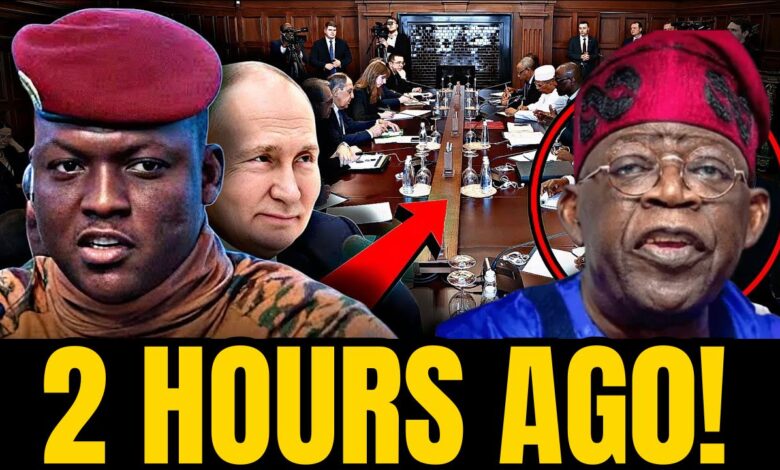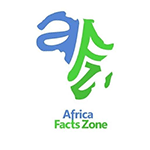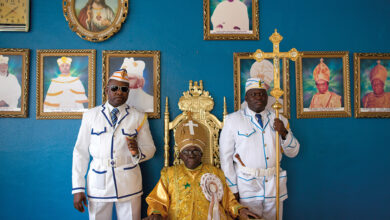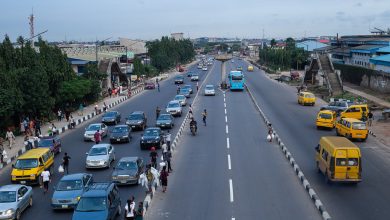ECOWAS’ Nightmare What Burkina Faso, Niger, and Mali Did in Russia AES Summit

In a historic move that could redefine Africa’s political landscape, Burkina Faso, Mali, and Niger have formally united under the Alliance of Sahel States (AES)—a bold new coalition advocating for sovereignty, military self-sufficiency, and economic independence.
 A Strategic Shift: Russia-AES Summit Recognition
A Strategic Shift: Russia-AES Summit Recognition
At the recent Russia-AES Summit, the alliance received formal recognition from Russia, signaling a seismic shift in international relations. This move challenges the dominance of traditional Western powers in Africa and marks a new era of multipolar diplomacy.
Russia has pledged full backing for the AES through military cooperation, trade partnerships, and security assistance—further strengthening the bloc’s stance against foreign intervention.
 Rejection of Neo-Colonialism and ECOWAS Sanctions
Rejection of Neo-Colonialism and ECOWAS Sanctions
The AES leaders—Captain Ibrahim Traoré of Burkina Faso, Colonel Assimi Goïta of Mali, and General Abdourahamane Tchiani of Niger—have taken a firm stand against neo-colonial influence. By rejecting the Economic Community of West African States (ECOWAS)‘ directives and sanctions, the AES has charted its own course toward regional independence.
Their united declaration emphasized:
-
The refusal of foreign military bases not aligned with national interests
-
Full control of natural resources
-
A return to African values, cultural pride, and pan-African solidarity
Also Read: Burkina Faso Launches Its First Locally Made Electric Car: A New Era for Africa’s EV Industry
 Russia’s Role in Africa’s Geopolitical Realignment
Russia’s Role in Africa’s Geopolitical Realignment
Russia’s engagement with AES nations is not merely symbolic—it underscores Moscow’s broader Africa strategy. With arms deals, infrastructure investments, and energy collaborations, Russia is positioning itself as a trusted partner in Africa’s quest for true sovereignty.
This new alliance is being viewed as part of a wider anti-imperialist movement across the continent.
 Is This the Dawn of a New Africa?
Is This the Dawn of a New Africa?
The formation of the AES and its swift recognition by a global superpower raises a powerful question:
Could this be the beginning of Africa’s genuine political independence and continental unity?
The symbolism and strategy behind the AES alliance suggest a powerful awakening across Africa—a demand for respect, autonomy, and a seat at the global table.

 Related Reading
Related Reading



